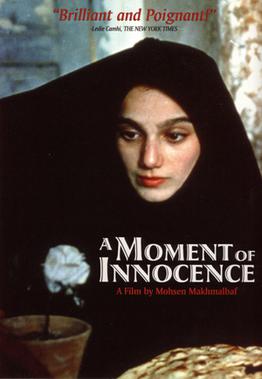(Reviewed 4/5 in May 2016 on letterboxd.com)
More than twenty five years after Roy's Do Bigha Zameen, Muzaffar Ali revisits the subject of migration from the villages to the cities for making a livelihood. Unfortunately, things haven't changed much. Poverty still remains the main oppressor that people spend their entire lives fighting. Hopes, love and dreams are crushed everyday but there is no time to stop. The loved ones back home, oblivious to the condition in the cities, are still pining for a reunion.
More than twenty five years after Roy's Do Bigha Zameen, Muzaffar Ali revisits the subject of migration from the villages to the cities for making a livelihood. Unfortunately, things haven't changed much. Poverty still remains the main oppressor that people spend their entire lives fighting. Hopes, love and dreams are crushed everyday but there is no time to stop. The loved ones back home, oblivious to the condition in the cities, are still pining for a reunion.





